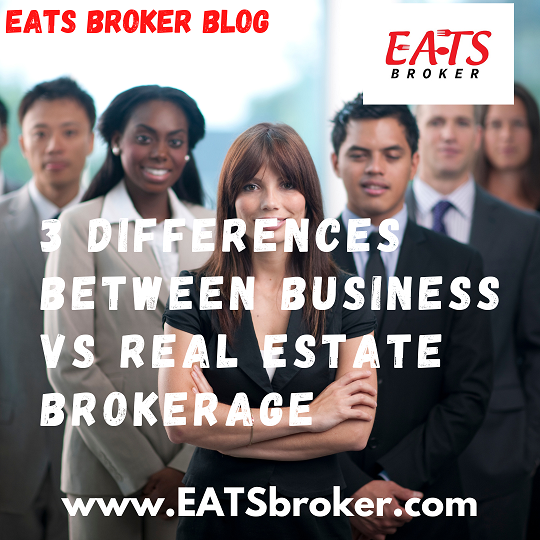
3 differences between Business vs Real Estate Brokerage
Most would agree when it’s time for you to buy a home you look for a real estate broker. When you are considering to sell

Most would agree when it’s time for you to buy a home you look for a real estate broker. When you are considering to sell
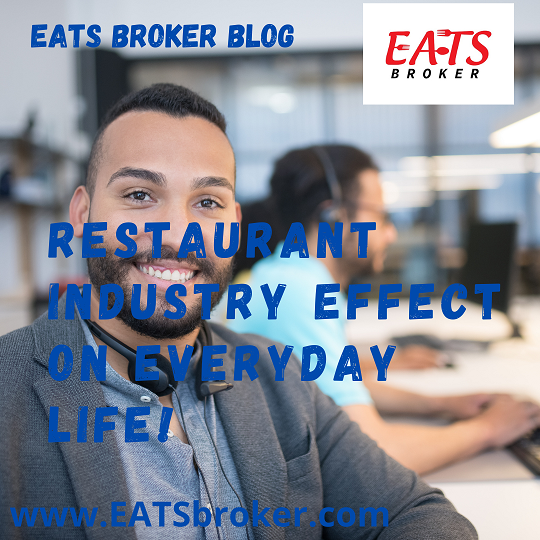
The Restaurant Industry has a profound and impacting effect on our everyday lives. Everyone has a story about a restaurant, it could be where they
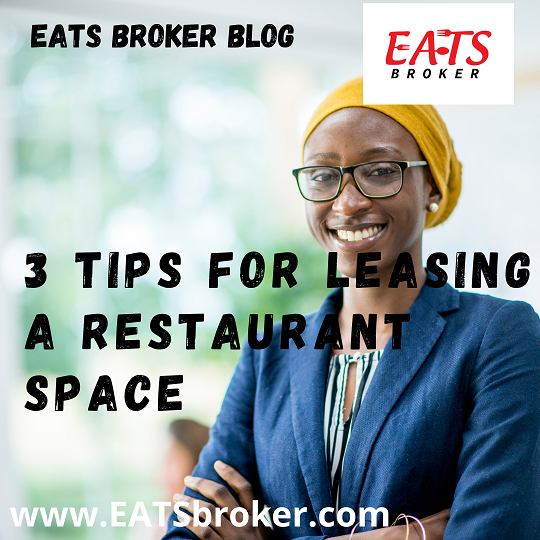
3 Tips for Leasing a Restaurant Space Restaurant leases can be complex and involve negotiations on some very important details to a lease. In general,

Timing is defined as the choice, judgment, or control of when something should be done. Most Realtors would tell you the best time to sell
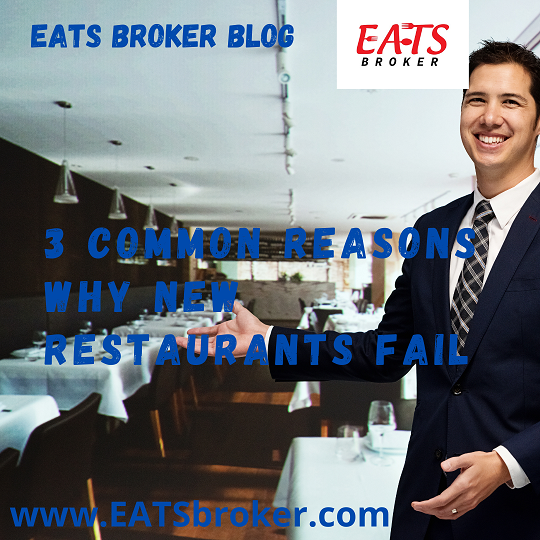
Have you ever noticed a new restaurant opening and the next thing you know the restaurant is closed? Every year, a countless number of brave
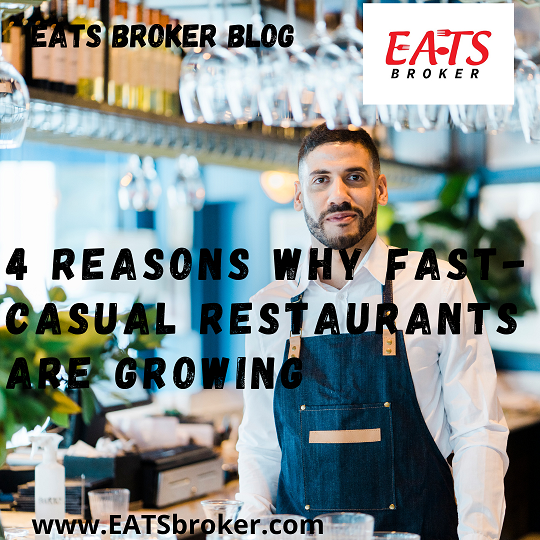
Reasons why Fast-Casual Restaurants are growing can be attributed to a number of factors. When you think of a Fast-Casual Restaurant what is the first

© Copyright 2024 EATS Broker | Consumer Protection Notice | Information About Brokerage Services